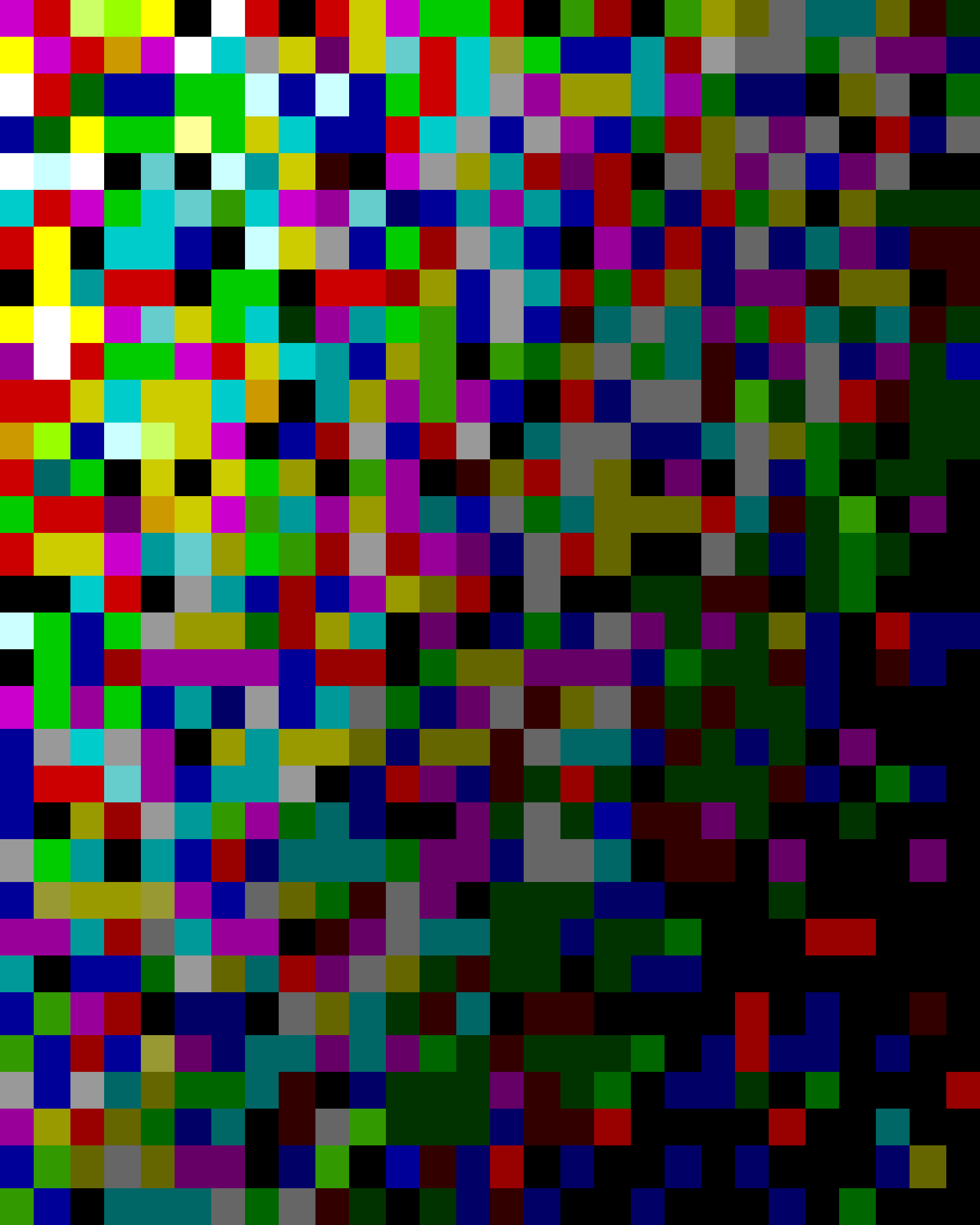Tilly Norwood Creator on Hollywood Backlash, Creating Jobs, AI Films, and Says People Won't "Know The Difference"
When Dutch comedian Eline Van der Velden first introduced Tilly Norwood, she probably didn’t expect to ignite one of the biggest debates about artificial intelligence in entertainment.
The two-minute satirical video, made entirely with AI, playfully skewered British television and gender politics. What started as clever social commentary quickly turned into a flashpoint for a much bigger conversation about artistry, ethics, and the future of filmmaking.
“Yes, it’s satire,” Van der Velden said when she revealed Tilly online. “Yes, it’s disturbingly close to reality.”
That reality came crashing in when she suggested during a panel in Zurich that her AI creation would soon be signing with a talent agency. Many thought it was a stunt. It wasn’t.
The statement drew immediate backlash, including criticism from SAG-AFTRA for “devaluing human artistry.” But Van der Velden insists that Tilly Norwood isn’t replacing anyone, in fact, she says the digital actress is creating jobs.
“Tilly’s not the first AI actress, and she’s not taking anyone’s job,” she explained in a recent interview. “She’s created jobs actually. And there’s a lot of humanity and people behind her that people forget about.”
Van der Velden has always used her work to reflect society’s anxieties back at itself. Long before Tilly Norwood, she was known for Miss Holland, a character she created in response to the body-image pressures she faced while auditioning in Los Angeles.
That satirical alter ego, a Dutch parody of beauty standards, earned her critical praise and a platform on BBC Three.
With Tilly, Van der Velden is asking new questions about what creativity means in the age of AI. “I think Tilly did a great thing in sparking that conversation,” she said. “We need to take control of it as opposed to it being imposed by the tech industry.”
Van der Velden’s production company, Particle 6, has been quietly working on hybrid and fully AI-generated projects, experimenting with how the technology can make filmmaking more accessible.
“We’ve been working with studios, production companies, and independents who have great films but maybe only 60% of the budget,” she explained. “We make a few AI test scenes with them, and then go into full production. It helps them make projects they couldn’t otherwise afford.”
The company’s work extends beyond experiments and it’s already developing hybrid productions like Sky History, a new show blending real presenters with AI-generated elements. “We want to be the premium brand to make premium AI content,” she said.
Van der Velden also revealed that her team is pushing toward full AI feature films. “We’ve experimented and learned these tools,” she said. “Now we’re getting to the point where we can start delivering full AI feature films. That will be where we’re going next.”
When asked if audiences are ready for that, she was confident. “There’ll be plenty of effects and second-unit shots made with AI, and then slowly, we’ll progress to a full AI film. And whether people will pay for an AI film or not — I don’t think they’ll know the difference. It’s good storytelling that will be the reason why people will pay for it or not.”
Van der Velden admits she underestimated the cultural resistance to AI in Hollywood. “I’m in an AI bubble,” she said. “I didn’t quite realize how far removed people are from this tech. I’m dealing with these tools every day and these people don’t even know that you can do it in the click of a button.”
Interestingly, she said the backlash was almost nonexistent in the U.K. “People there understand that we’re using AI as a force for good,” she said. “We’re trying to get more projects and more stories told which otherwise wouldn’t get told.”
Her publicist Michelle Waldron confirmed that Tilly Norwood wasn’t a publicity stunt. “We’ve had a massive influx from very big names, production companies, directors, and creators who want to work with Eline,” she said.
“There’s genuine business that we’ll be announcing over the coming months with very high-profile names. Tilly wasn’t a marketing exercise. It’s part of a business strategy that’s already paying off.”
Van der Velden insists the character’s evolution goes far beyond surface-level novelty. “It’s not to build a hollow image,” she explained. “Just like any character in a drama or a TV series, you would create their full character, wouldn’t you? We are building a whole personality and her backstory and her brain. And that’s a creative pursuit.”
As the conversation around AI in entertainment intensifies, Van der Velden’s approach might represent a middle path, one that embraces new technology while still centering creativity and human storytelling. For her, Tilly Norwood isn’t a threat to the art form. She’s a reflection of where it’s headed.
And as Van der Velden puts it, that evolution might be closer than people think.
Source: Variety

